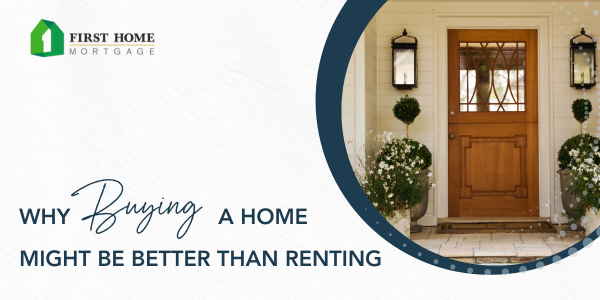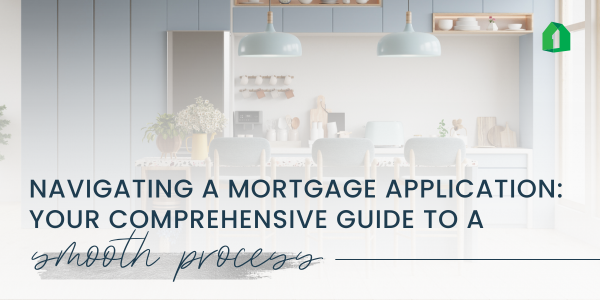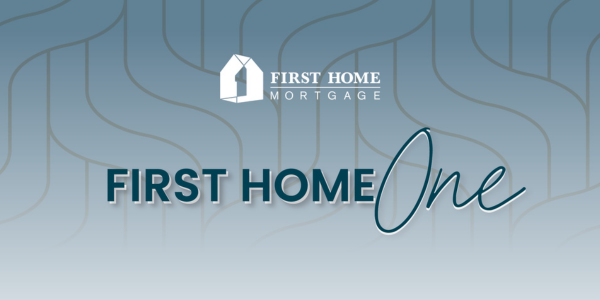When it comes to the age-old debate of renting versus buying a home, many financial experts and real estate professionals argue that buying can often be the superior choice. While renting offers flexibility and lower upfront costs, there are compelling reasons why buying a home might be the better long-term financial decision for many individuals and families. In this post, we’ll explore the advantages of buying over renting to help you understand why homeownership could benefit you in the long run.
Building Equity and Long-Term Investment
Building Equity:
Buying a home allows you to build equity over time. Unlike renting, where your monthly payments go toward the landlord’s investment, each mortgage payment contributes to your ownership stake in the property. Over the years, this can result in significant equity that can be tapped into for future financial needs.
Long-Term Investment:
Real estate has historically been a sound long-term investment. While the housing market may experience fluctuations in the short term, property values tend to appreciate over time. This means that as a homeowner, you have the potential to build wealth through your property’s appreciation.
Financial Advantages of Homeownership
Stability in Housing Costs:
When you buy a home with a fixed-rate mortgage, your monthly mortgage payment remains stable over the loan term (usually 15 or 30 years). This stability protects you from rising rents, which can increase significantly over time.
Tax Benefits:
Homeownership comes with tax advantages that renters do not have. You can deduct mortgage interest, property taxes, and certain closing costs on your federal income taxes. These deductions can result in significant savings each year.
Forced Savings:
Paying a mortgage is a form of forced savings. Each payment you make increases your equity in the property, helping you build wealth over time. This disciplined approach to saving can be beneficial for your long-term financial health.
Freedom and Personalization
Freedom to Customize:
As a homeowner, you have the freedom to customize and improve your living space to your liking. Whether it’s renovating the kitchen, painting the walls, or landscaping the yard, you can make changes that suit your preferences without seeking permission from a landlord.
Sense of Community:
Buying a home often means putting down roots in a community. Homeowners tend to feel more connected to their neighborhoods and communities, fostering a sense of belonging and stability.
Considering the Future
Retirement Planning:
Owning a home can be a crucial part of retirement planning. Once your mortgage is paid off, your housing costs decrease significantly, providing financial relief in retirement. Additionally, you have the option to downsize or rent out a portion of your home for additional income.
Legacy and Generational Wealth:
Homeownership can be a way to leave a lasting legacy for your family. You can pass down your home to future generations, providing them with a valuable asset and potentially setting them on a path to financial stability.
Making the Decision
While buying a home requires a greater initial investment and comes with responsibilities such as maintenance and property taxes, the long-term benefits often outweigh these considerations. If you’re in a stable financial position and plan to stay in an area for several years, buying a home can be a smart financial move.
Be sure to speak to a loan officer and your financial advisor to assess your readiness for homeownership. They can help you understand the current market conditions, calculate affordability, and explore mortgage options.
In conclusion, while renting offers flexibility, buying a home provides numerous financial advantages, including building equity, stable housing costs, tax benefits, and the freedom to personalize your living space. If you’re looking to invest in your future and build long-term wealth, homeownership could be the right choice for you.


